from the book Stroustrup - Programming: Principles and practices using C++. In §17.3, about Memory, addresses and pointers, it is supposed to be allowed to assign a char* to int*:
char ch1 = 'a';
char ch2 = 'b';
char ch3 = 'c';
char ch4 = 'd';
int* pi = &ch3; // point to ch3, a char-size piece of memory
*pi = 12345; // write to an int-size piece of memory
*pi = 67890;
graphically we have something like this:
quoting from the source:
Had the compiler allowed the code, we would have been writing
12345to the memory starting at&ch3. That would definitely have changed the value of some nearby memory, such asch2orch4, or we would have overwritten part ofpiitself.
In that case, the next assignment
*pi = 67890would place67890in some completely different part of memory.
I don't understand, why the next assignment would place it: in some completely different part of memory? The address stored in int *pi is still &ch3, so that assignment would be overwrite the content at that address, i.e. 12345. Why it isn't so?
Please, can you help me? Many thanks!
